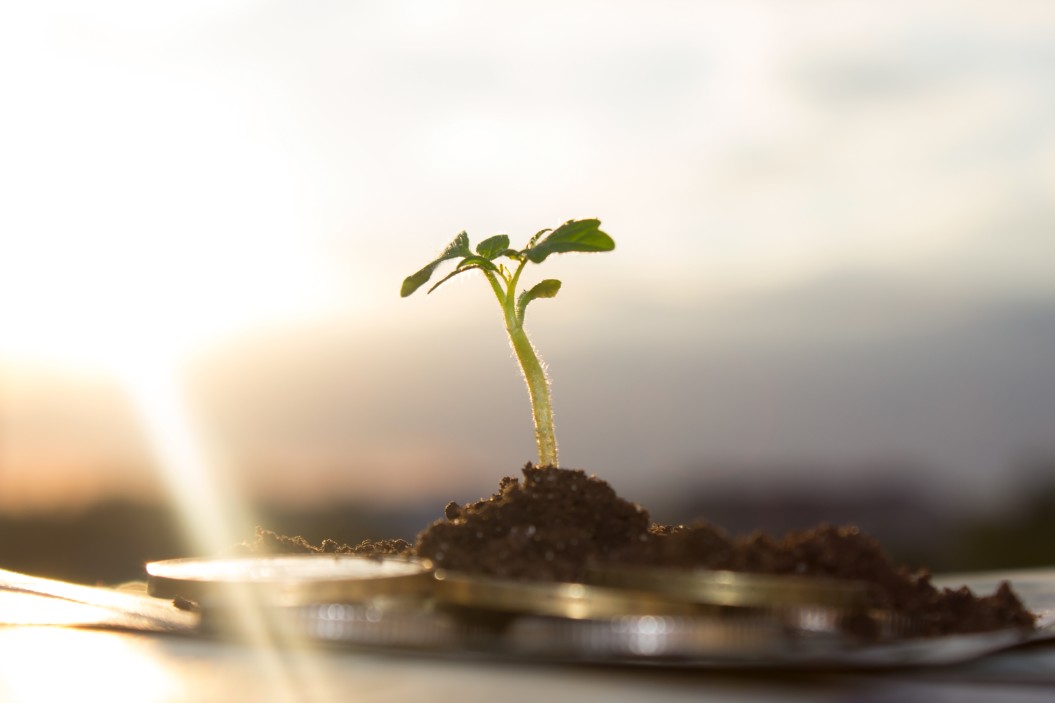Building a Humane Economy: Contemporary Reflections on Morality, Economics, and Human Flourishing
A compilation of essays written by Denise Daniels, Geoffrey C. Friesen, Paul R. Koch, Kristine Principe, Krieg Tidemann, and Jeff Van Duzer
READ THE FULL TEXT
INTRODUCTION:
“Economics,” according to the Merriam-Webster dictionary, is “a social science concerned chiefly with description and analysis of the production, distribution, and consumption of goods and services.”
Merely reading this brief definition is enough for the average person to lose interest. Yet, debates over economic systems and policies have garnered broad concern for centuries and are a central component of contemporary political agendas. Why is that?
Dense terminology aside, we care about economics because behind the concept of “consumption” are real human beings seeking to provide for themselves and their families. Behind “production” and “distribution” are people with dignity, creativity, talent, and unique callings. In other words, economic systems do not exist—nor should they be defended or critiqued—for their own sakes. Economic systems exist to serve human beings, to respect their dignity and provide conduits for their creative potential—and, in doing so, to help foster a flourishing society.
However, we easily forget these fundamental purposes of the economy. We become so focused on the minutiae of particular economic problems that we lose sight of the bigger picture. Creatures of habit, we become victims of inertia without giving much thought to where economic forces are actually taking us. Fortunately, such forgetfulness eventually plants the seeds for recalibration, which is what seems to be happening now in American life.
On both the right and the left, an increasing number of Americans are starting to question whether the current economic arrangement is serving the interests of the American people writ large. These critiques take different forms, and the proposed solutions are even more diverse: everything from increased tariffs to antitrust policies, paid family leave, Medicare for All, and a universal basic income. Yet, they share a fundamental concern: that our system is not—to put it in the words of this essay compilation—adequately humane.
In my own view, most of the concerns about our contemporary economy are legitimate. And the newfound interest in asking deeper questions about how our economy serves the human person is an encouraging development. But, not all changes are good changes, and our market economy—despite its flaws—has made possible levels of human prosperity never before seen. So while recalibration is welcome, it should be accompanied by a healthy sense of gratitude for the successes of our inherited market economy.
The essays in this compilation merely scratch the surface of this complicated subject, which is sure to inspire vigorous debate for years to come. As it should, especially for Christians—like the authors of these essays. After all, our desire for a more humane economy, rightly understood, is rooted in a deep respect for the dignity of the human person, especially the most vulnerable in our society.
Tyler Castle
Director, Initiative on Faith & Public Life
TABLE OF CONTENTS:
Three Ethical Criteria for Evaluating the Humanity of Economic Systems by Krieg Tidemann and Kristine Principe (p. 3)
Human Flourishing and the Subjective Dimension of Work by Geoffrey C. Friesen (p. 19)
A Faithful Presence in a Broken Economy by Denise Daniels and Jeff Van Duzer (p. 35)
Whose Community? Market Economics and the Concept of Solidarity by Paul R. Koch (p. 54)


